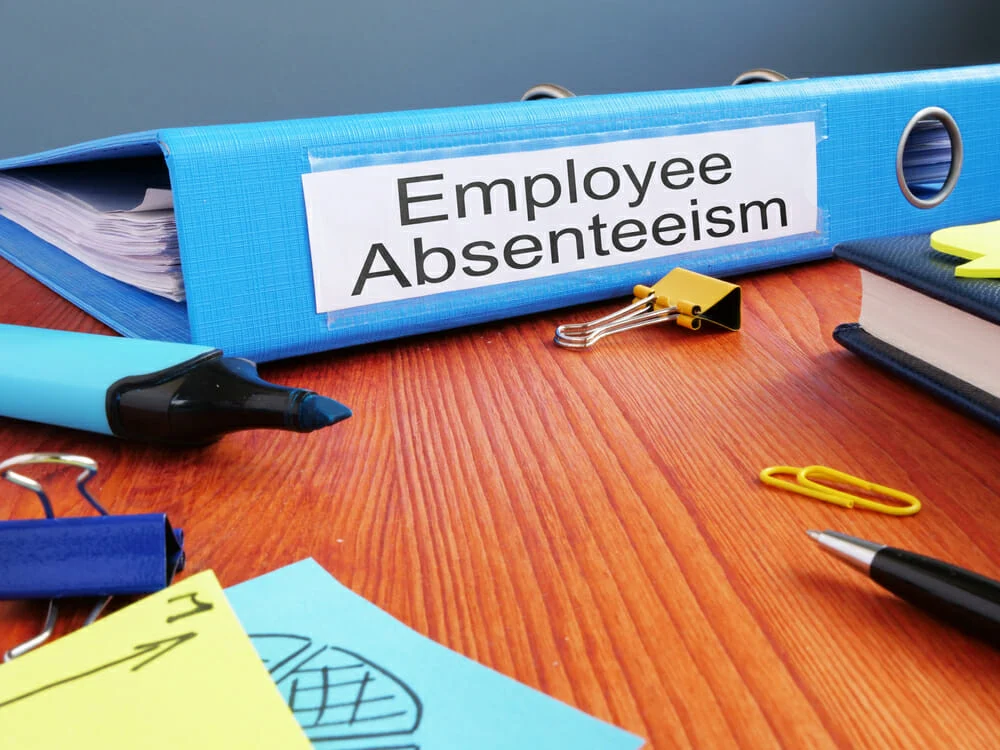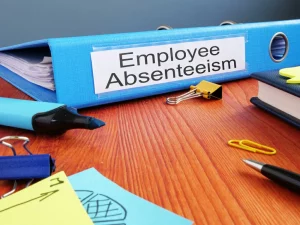Ways to Lessen Workplace Absences

There are many ways to reduce workplace absenteeism. Investing in employee development, training, and knowledge sharing can help build a loyal workforce that is less likely to miss work. Additionally, empowering staff with flexible schedules and hiring temporary workers to cover for missed days can reduce the number of unscheduled absences. Ultimately, these steps will help companies save money and reduce unproductive time.

A recent CareerBuilder survey showed that employee absenteeism is increasing. In 2017, 40 percent of employees reported calling in sick when they were not. Unfortunately, absenteeism costs employers $225 billion a year, and these losses are increasing. The key is to identify the root causes of absenteeism and implement measures to reduce the frequency.
While there is no universally accepted way to address employee absences, employers can take steps to prevent it in the first place. Absences happen when employees call in sick or fail to report for a shift. When an employee misses a day of work, the employer must immediately address the issue, but not wait too long. The employer should sit down with the employee and discuss why they missed work. Then, they can establish expectations for the employee moving forward.
If unsanitary conditions are contributing to the absenteeism, be sure to invest in Office Cleaning Forest of Dean for the benefit of all staff. Find out more at intocleaning.co.uk/services/office-cleaning-gloucestershire/office-cleaning-forest-of-dean

Employees who are regularly absent can benefit from communication from their employers. Employees can share personal problems or sensitive work issues with them. For example, employees may have dependents at home and have issues because of this. Another employee might be bullied or harassed by colleagues, which may cause them to stay home. The employee may feel excluded and uncomfortable in such an environment. Ultimately, the company will benefit from the effort.
Establish a formal attendance policy. Every business should have a formal attendance policy that outlines what is considered acceptable absences, how to handle problems outside of these criteria, and what the consequences will be if the absences are unscheduled. A formal attendance policy should also include procedures for calling in sick. Many businesses have had success with establishing consequences for non-compliance with attendance policies. These consequences should be proportional to the offense.
Chronic illness is one of the most common reasons for employee absence. If an employee has to take time off to recover from illness, this can translate into many days of missed work. In addition to the health problems mentioned above, many employees also report feeling unwell or depressed. In addition, a hostile atmosphere and workplace bullying can lead to excessive absenteeism. In short, the right workplace policies will help reduce these problems and improve employee satisfaction.
